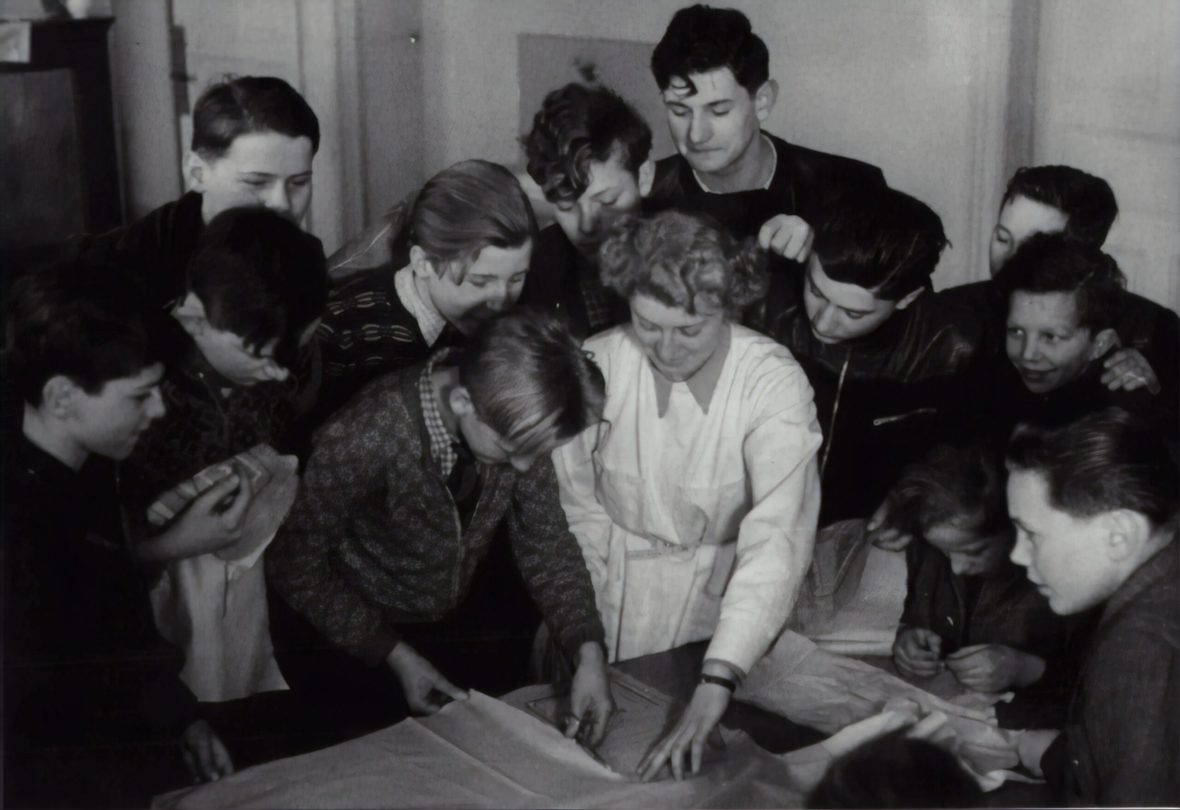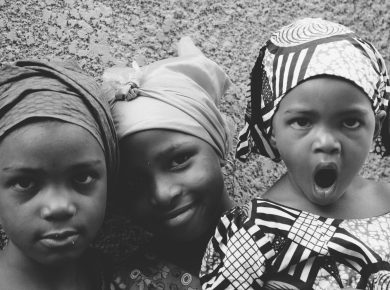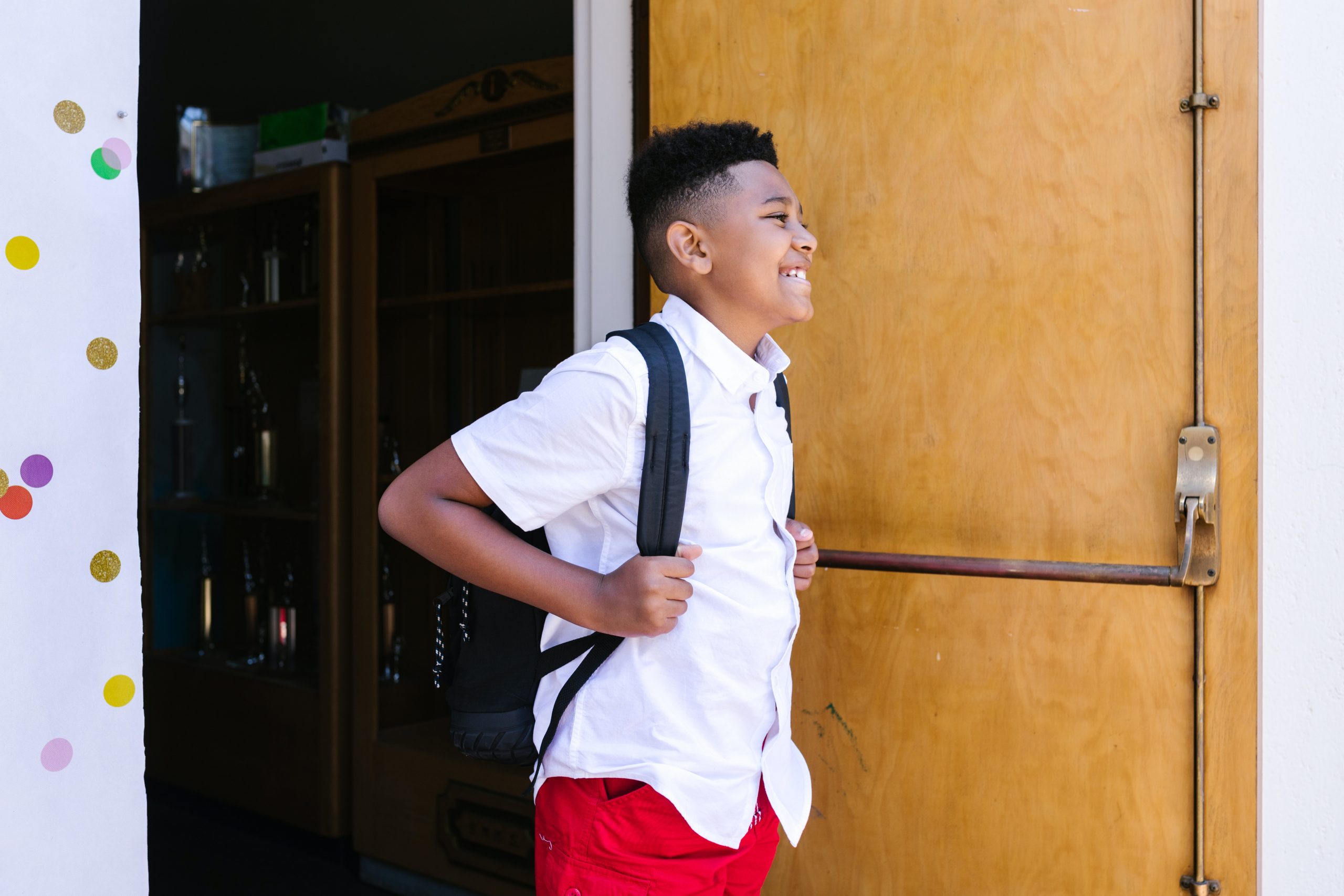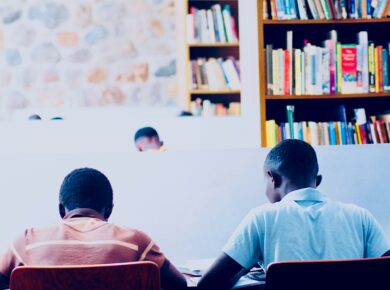A close observation of our educational, economic, social, technological, and political experiences reveals very glaring areas of need for guidance and counselling in our schools. The reason is that every child has potential within him or her.
What the particular child needs is someone to activate the potential through guidance services. The following areas are those the student will need for services so that their potential in them can be activated.
Appraisal service
This should be done in conjunction with the students. It is sometimes called the pupil’s inventor. It is aimed at collecting and analysing data about the pupils, including a variety of objective and subjective psychological data on each student.
The appraisal service enables a pupil to understand himself; he will then be able to function effectively.
Planning, placement, and follow-up service
It is a service, which is aimed at helping students select and make use of opportunities within the environment to be properly placed after the junior high school years in the 6-3-3-4 educational system. There is a need to follow up with the students who are placed in appropriate places.
Referral service
This involves self-referral and counsellor-referral agents. A counsellor should refer pupils to other personnel who can render invaluable service to them.
He may refer pupils he dentists, medical doctors, opticians, psychotherapists, audiologists, and psychologists according to the needs of each pupil.
Orientation service
Orientation service is a group that approaches through which pupils are assisted in making plans and adjustments to a school.
The purpose of orientation is to help pupils feel emotionally secure and better adjusted to a new environment, especially during critical transition periods – from one class to another or one school to another.
Orientation service also assists the students to get used to their new social environment or surroundings, get to know the staff and follow other students.
Information service
This involves educational or academic information. The major purpose of this is to provide students with the knowledge of educational, vocational and personal, and social opportunities that are available in society.
The area is grossly lacking in our educational system, and the counsellors must provide this service. A well-informed person is not ignorant of what is going on around them. The student should not be left to grope in darkness.
They should be helped to know more about their community. It is pertinent to know that most of our schools and indeed our colleges have become a store of success or failure, where academic excellence and independent thinking have been thrown overboard.
Many schools are academic disaster areas due to a lack of information on the part of the students and even the teachers.
Counseling service
It can only be rendered by the counsellor. This is one of the guidance services provided in the school system.
It is a service, which is aimed at helping the members of the school who commonly have problems so that they can voluntarily change their behaviour and clarify their ideas, attitudes, and goals.
This important and inevitable service is grossly lacking in the Nigerian system, which only takes care of the cognitive needs of the students. It is a service designed to cater to the affective (emotional) needs of the students.
A student will be more receptive to the curriculum if his emotional needs are met. The service is better provided by the school counsellor who has been trained for this project.
It can be provided individually or in groups to the students. Counselling service in the school system begins from the following areas:
Student enrolment
The secondary school system makes available to students a wide and potentially confusing range of academic and vocational subjects, and students are confronted with the problems of how to select personally useful but related subjects capable of leading them to a meaningful career future.
Many have fallen victim to working hard on and passing very uncomfortable academic subjects with consequent avoidable frustration, energy, time, and resource wastage.
Identification of gifted and talented students and mentally-retarded students
Among our schoolchildren population, talents and potentials need to be identified and developed through meaningful and well-guided education programs.
They need to prepare for and enter different vocations and careers for which they have aptitudes and are considered possible within available physical and economic options.
The students vary a lot in abilities, aptitudes, cognitive characteristics, and vocational interests, and there is a need to consider them in helping them choose school subject combinations and have their minds set tentatively on some jobs, vocations, or careers.
There is a need to help students relate performances in school subjects to career, job, and vocational requirements.
Provision of occupational information to the students
With economic and technological development and technological transfer, the world of work is becoming ever more complex, and students have a bewildering range of occupational possibilities, which also involve and lead to decision-making problems for our young children and young adults.
The conditions and experiences highlighted above illustrate some of the shortcomings that are the direct or indirect consequences of a lack of a guidance-oriented educational system.
Reducing the rate of dropout in schools
Some students drop out of school due to personal or emotional problems, and not because they are not naturally endowed to cope with the academic demands of the school system.
There is a need to identify such students with someone who could counsel them and help them adjust and acquire social coping skills. Guidance services in schools will help in maintaining dropout wastage rates.
Sex education
Co-education at the secondary school level levels the development of secondary school characteristics during adolescence.
The subsequent development of heterosexual interests among secondary school students calls for the teaching of sex education in schools to enable them to understand their development characteristics and accept themselves as they are, and understand the feelings of others.
Natural hazards
Occasionally, there are natural hazards such as floods, droughts, earthquakes, tremors, whirlwinds blowing off the house roofs, and so on.
Such hazards lead to some people being displaced, becoming homeless, sustaining injuries, and loss of life and property, such as farm products.
Children from affected homes come to school with emotional problems capable of interfering with their total adjustment and academic achievements.
Such students need some effective interpersonal relationships that would facilitate full integration back into the school system. The function can be effectively performed by trained guidance counsellors. Read the similar post on this page.










